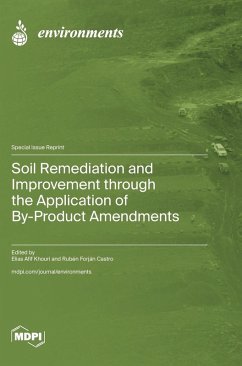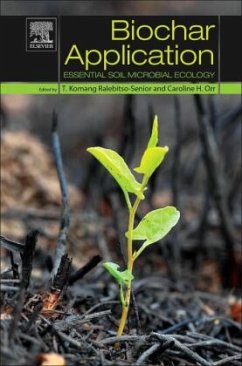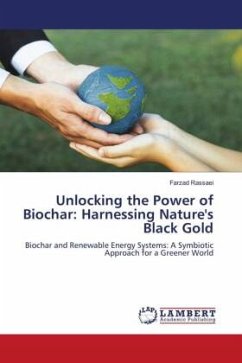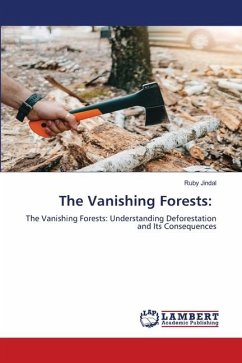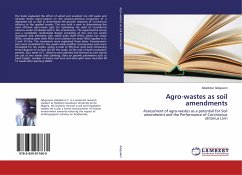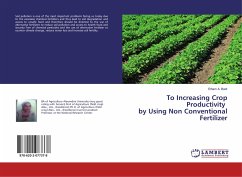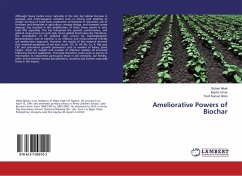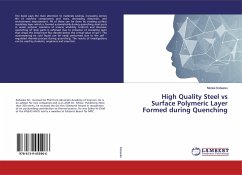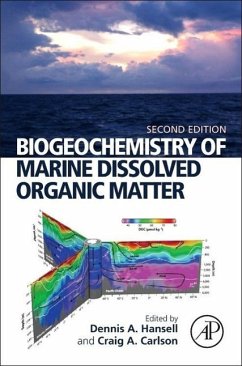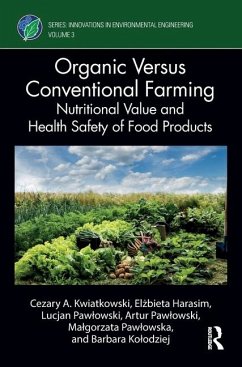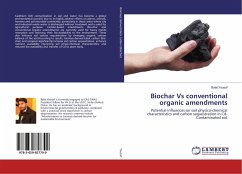
Biochar Vs conventional organic amendments
Potential influences on soil physico-chemical characteristics and carbon sequestration in Cd-Contaminated soil
Versandkostenfrei!
Versandfertig in 6-10 Tagen
41,99 €
inkl. MwSt.

PAYBACK Punkte
21 °P sammeln!
Cadmium (Cd) contamination in soil and water has become a global environmental concern due to its highly adverse effects on plants, animals, humans and soil microbial community, particularly in those areas where city and industrial waste water is discharged without treatment and is used for agricultural purpose. Carbon-based amendments (bio-char and conventional organic amendments) are currently used for heavy metals resorption and reducing their bio-availability to the environment. These also enhance soil carbon sequestration by changing organic carbon balance of the soil.According to results...
Cadmium (Cd) contamination in soil and water has become a global environmental concern due to its highly adverse effects on plants, animals, humans and soil microbial community, particularly in those areas where city and industrial waste water is discharged without treatment and is used for agricultural purpose. Carbon-based amendments (bio-char and conventional organic amendments) are currently used for heavy metals resorption and reducing their bio-availability to the environment. These also enhance soil carbon sequestration by changing organic carbon balance of the soil.According to results, biomass derived black carbon (bio-char) and compost significantly increase soil carbon sequestration, enhance nutrient availability improving soil physic-chemical characteristics, and reduced bio-availability and transfer of Cd to plant body.



